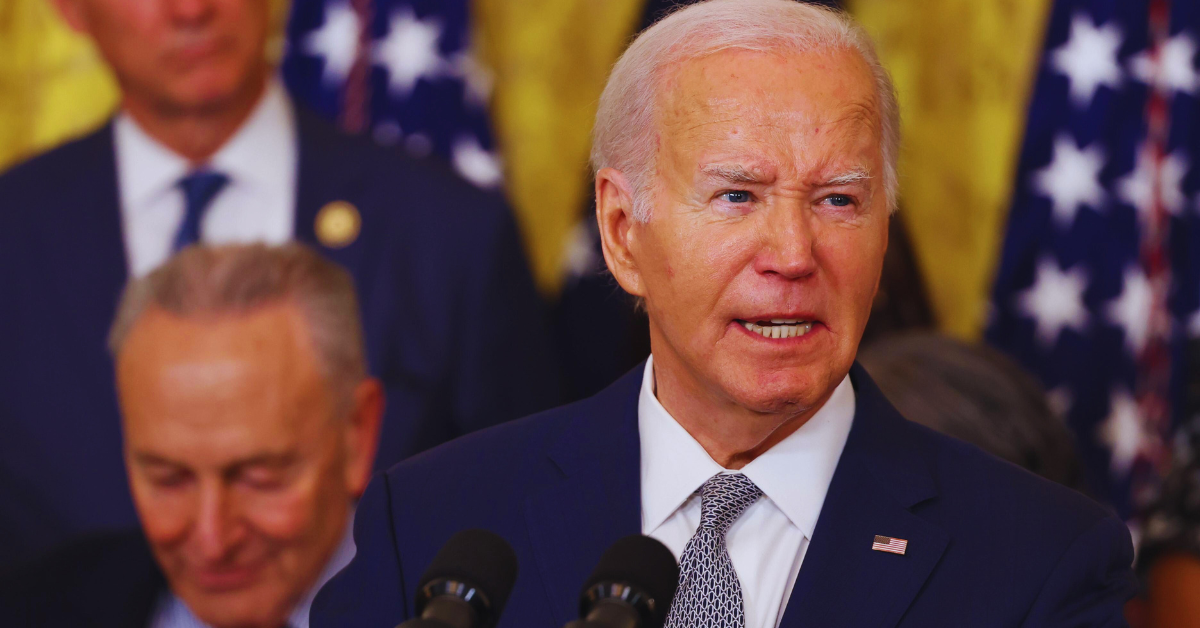Overview of the Biden Program
In a significant legal development, a Texas judge has issued a temporary restraining order halting the implementation of a Biden administration program designed to provide legal status to certain spouses of U.S. citizens. The program, which was introduced by the Department of Homeland Security (DHS), aims to streamline the process for these individuals to gain lawful permanent residency, commonly known as a green card.
The program, officially titled the “Public Charge Rule” modification, is part of the Biden administration’s broader immigration reform efforts. It seeks to address and alleviate some of the burdens faced by non-citizen spouses of U.S. citizens, particularly those who have been in the U.S. for extended periods but lack legal status due to procedural or bureaucratic delays.
Background and Purpose of the Program
The Biden administration’s initiative was introduced to enhance the immigration system’s efficiency and fairness. Under the new rules, non-citizen spouses of U.S. citizens would have a more straightforward pathway to obtaining legal status, contingent on fulfilling specific requirements and demonstrating their eligibility. The aim was to provide relief to those who are married to U.S. citizens but are at risk of deportation or are unable to adjust their status due to current legal complexities.
This program was a part of a broader immigration reform package that includes measures to address the backlog in immigration courts, improve the process for asylum seekers, and offer more pathways to legal status for various undocumented immigrants.
Legal Challenge and Texas Judge Ruling
The recent legal challenge against this program was filed by Texas and other states, arguing that the new rules would impose an undue burden on state resources and circumvent existing immigration laws. They contended that the program could potentially lead to an influx of new legal claims and applications, overwhelming state systems and creating administrative chaos.
In response to these concerns, U.S. District Judge Drew Tipton of the Southern District of Texas granted a temporary restraining order, pausing the program’s implementation. Judge Tipton’s ruling came after a hearing where plaintiffs presented their case against the program. The judge’s decision reflects a preliminary judgment pending further legal proceedings.
The pause effectively halts any new applications or processing under the program until the court can make a more comprehensive decision on the legality and implications of the rule. This development is a significant setback for the Biden administration’s immigration reform efforts, as it delays the implementation of a key component of their strategy.
Reactions from the Biden Administration
The Biden administration has expressed strong opposition to the ruling, emphasizing the importance of the program in providing relief to non-citizen spouses who contribute positively to American society. Administration officials argue that the program aligns with the administration’s broader goals of modernizing the immigration system and addressing long-standing issues.
In a statement, DHS Secretary Alejandro Mayorkas underscored the program’s potential benefits, noting that it would provide stability and support to families who are already contributing to the U.S. economy and society. The administration plans to appeal the ruling, seeking to lift the restraining order and move forward with the program’s implementation.
Impact on Affected Individuals
The temporary halt on the program has immediate consequences for those who were in the process of applying for legal status under the new rules. Spouses of U.S. citizens who had hoped to benefit from the streamlined process may face delays or uncertainties regarding their status. For some, the pause may mean continued legal limbo, while others might experience increased stress and anxiety about their future in the U.S.
The program’s supporters argue that its implementation would have addressed several systemic issues within the immigration system, potentially reducing the number of individuals who remain in precarious legal situations. The pause complicates matters for these individuals, as they must now navigate an uncertain legal landscape.
Legal and Political Implications
The legal battle over the Biden administration’s program highlights the ongoing contention over immigration policies in the U.S. Immigration remains a deeply polarized issue, with significant debates over how best to manage and reform the system. The Texas judge ruling is part of a broader pattern of judicial intervention in immigration policy, reflecting the contentious nature of these reforms.
The outcome of this legal challenge could have broader implications for immigration policy and reform efforts. If the program is eventually upheld, it may set a precedent for how similar initiatives are implemented and challenged in the future. Conversely, if the program is struck down, it could impact the administration’s ability to pursue other aspects of its immigration agenda.
Conclusion
The temporary restraining order issued by a Texas judge has paused the Biden administration’s program that aimed to offer legal status to non-citizen spouses of U.S. citizens. This development represents a significant moment in the ongoing debate over U.S. immigration policy and reflects the complex legal and political landscape surrounding these issues.
As the legal process continues, the administration’s efforts to appeal the ruling and advance their immigration reform goals will be closely watched. The program’s potential benefits and the immediate impact on affected individuals underscore the importance of resolving these legal disputes and addressing the broader challenges facing the U.S. immigration system.
Read more: Rabbi Yitschak Rudomin A Study in Spiritual Celebrity


